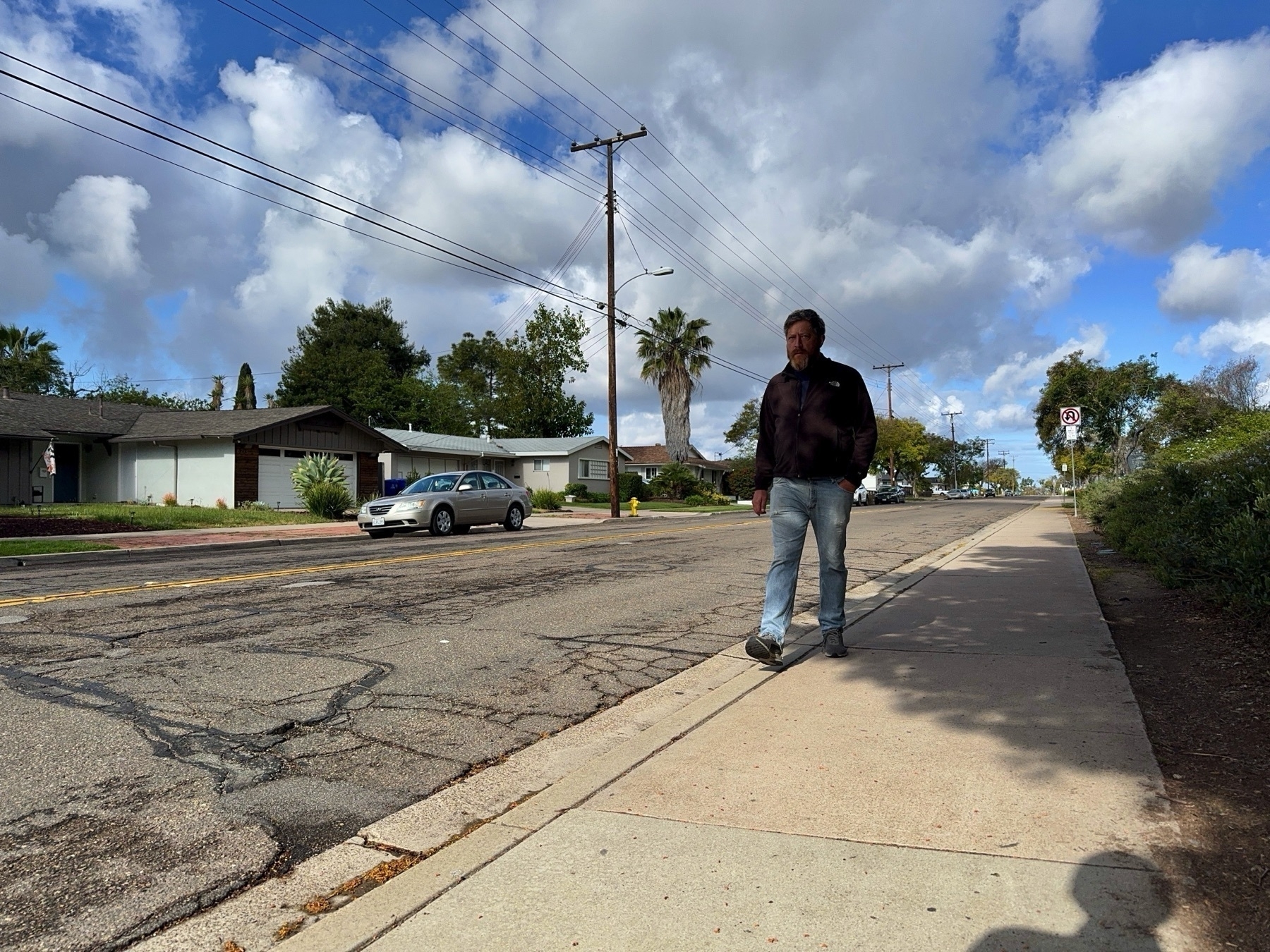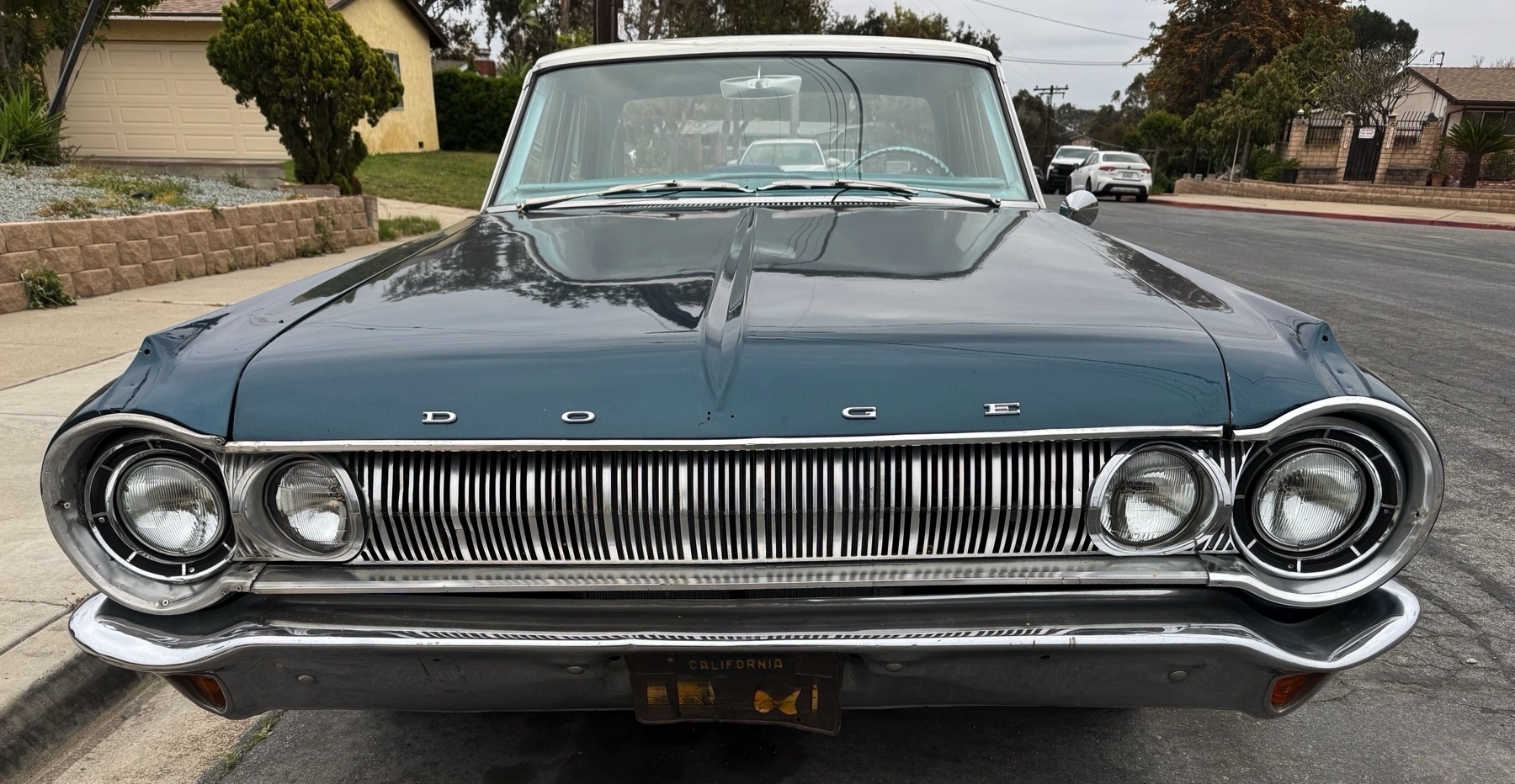If you were following me on Mastodon or any other Fediverse service, you should now be following me on Micro.blog, without you having to do anything about it.
I started using the Micro.blog service regularly in late 2022 to host mitchw.blog, about the same time I became active on Mastodon. Both Micro.blog and Mastodon are part of the Fediverse, meaning they can communicate with the world using the ActivityPub protocol.
Until mid-May this year, I posted to both Mastodon and Micro.blog, using Micro.blog’s automated and manual cross-posting tools. About a week ago, I decided to consolidate Mastodon onto Micro.blog
Why did I make the change?
Simplicity: One less place to post, check replies, and otherwise manage.
Formatting: Micro.blog supports links, blockquotes, embedded images and other formatting. Mastodon does not.
I can post as long or as short as I want: Micro.blog supports posts of any length. Most Mastodon instances limit posts to 500 characters.
Indeed, that’s one of the best features of Micro.blog: Titles are optional, and posts can be of any length and complexity. They can be just a few words, like a tweet, or they can be full-fledged articles with embedded media.
Design: Micro.blog gives me a nicely formatted blog on the web. Mine is at mitchw.blog. My Mastodon account looks like every other Mastodon account.
Newsletter and syndication: Micro.blog gives me a daily newsletter, and automatically syndicates to Bluesky and Tumblr.
My followers stay with me: Because Mastodon and Micro.blog are both part of the Fediverse, Mastodon users can follow me on Micro.blog. Most of them won’t even notice the difference, except that my posts will be formatted more nicely.
I just like blogs, RSS and newsletters better than social media platforms: I like the IndieWeb philosophy: Own your own domain, publish to your own site first and optionally syndicate elsewhere.
Glitches and trade-offs
No reposting: Micro.blog doesn’t support reposting or let me see other people’s reposts. This is a significant problem for me because I like seeing what other people repost. But I can live without that.
Follower invisibility: Micro.blog doesn’t let me see how many followers I have. I don’t care about that.
No likes: Micro.blog doesn’t let me like other people’s posts, see who has liked my posts, or how many people have liked my posts. This is a minor inconvenience.
On social media platforms that permit likes and reactions, I like other people’s posts to acknowledge or thank them. But it’s relatively easy for me to just send a one-word response or emoji in that circumstance.
I also watch whether my posts get likes to see if anybody is reading particular posts.
And I sometimes find it interesting who likes my posts. Sometimes one of my posts gets liked by a celebrity, which can be cool. Just this morning as I write this, a politically conservative friend, with whom I have sometimes sparred online, liked one of my anti-Trump Facebook posts. That was interesting. Sometimes I get a like from a friend I haven’t been in contact with in years, or someone who has a big following on social media and whose posts I’ve admired. I feel good about that for a bit. But I can live without it; the tradeoff is worth it.
Second try’s the charm: I made two tries at this recently, the first time in early April, and the second time in mid-May. The first time I tried it, the migration failed; my followers on Mastodon failed to make the journey to Micro.blog. I reported the bug to Micro.blog but tech support on Micro.blog was unresponsive for several days, so I reversed the process and did it again a month later.
My second migration, in mid-May, was mostly successful. My Mastodon account still shows 157 followers. It should show zero followers — they should all have moved to Micro.blog. I’m just not going to worry about that for now.
Because Micro.blog does not show follower counts, or who is following me, I don’t know if my other 500 Mastodon followers successfully made the journey or whether they fell into the ether. I am getting replies to my Micro.blog posts from Mastodon, so I know that many people did make the journey. I can live with the uncertainty.
The big problem
As a first step in the transition, I exported the list of people I followed on Mastodon and imported that list to Micro.blog. I thought I would simply shut down my Mastodon account and live in Micro.blog. This part of the migration proved easy — and it was a bad idea!
Micro.blog is not a great Mastodon client; it doesn’t support link previews or (as noted above) Mastodon boosts.
After a day or two of struggling with Micro.blog’s limits as a Mastodon client, I reactivated my Mastodon account and am using it for reading but not posting. That means I can’t conveniently reply to Mastodon posts, but I find I rarely want to reply to something on Mastodon, so it’s no loss. Still, I’d love it if there were an easy way to open Mastodon posts in Micro.blog, or to spoof a “from” address in a reply from Mastodon. However, the latter solution would have major potential security problems.
I am now slowly unfollowing all Mastodon accounts from Micro.blog so that I am only following them from Mastodon. This is a painstaking process; I do a few every day. It’ll take a while, but that’s OK; I’m not in a rush.
What about BlueSky and Tumblr?
In addition to Micro.blog and Mastodon, I cross-post to BlueSky and Tumblr.
The split between Micro.blog and BlueSky doesn’t seem to be as much of a source of irritation for me as the split between Micro.blog and Mastodon. I’m having difficulty articulating why that is. BlueSky permits text formatting; that’s a big part of it. Oddly, while BlueSky permits formatting from syndicated services like Micro.blog, it does not permit formatting in native posts.
Similarly, Tumblr, like Micro.blog, supports posts of any length and complexity, and I don’t get many comments on my Tumblr posts, so the split between Micro.blog and Tumblr doesn’t seem like a big deal to me.
I don’t see Tumblr as a long-term problem; soon, either either Tumblr will shut down or I will quit.
What about Facebook?
Most of the conversations on my posts happen on Facebook. I am not happy about this. There is no way to automatically post from Micro.blog to Facebook, so I manually cut-and-paste from one to the other.
An insight
I think I just don’t like Twitter-like services — not Mastodon and not Bluesky. I was a Twitter addict in the late 2000s and 2010s, but I lost interest in Twitter even before it became Nazified. I think I’ve lost interest in reading or writing prose chopped up into 300- or 500-character chunks.
Also, on both Mastodon and Bluesky I follow a large number of strangers who post a lot of political minutiae that pisses me off without enriching my life.
I’m in the process of unfollowing anybody whose posts don’t interest me. I’m spending just a few minutes a day on that process, and I expect it will play out over weeks.
If I end up following just a few people on Bluesky and Mastodon, I can live with that. I will continue to post to those services.
How’s it going so far?
I’m happy with my migration from Mastodon to Micro.blog.
Posting is easier now that I don’t have to worry about how my posts look on both Mastodon and Micro.blog.
I seem to be getting significantly more discussion for my posts on Micro.blog than I did when I was splitting between Mastodon and Micro.blog. I don’t know why that is, but I’m happy about it.
And if I change my mind about migrating from Mastodon to Micro.blog, I’ll just reverse. I’ve done it before. That’s something that’s great about the fediverse; it’s easy to join a particular server, and easy to leave.
Here’s a helpful post on how to migrate from Mastodon to Micro.blog and here’s another.








